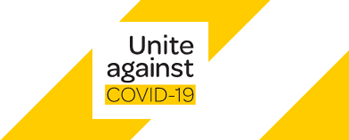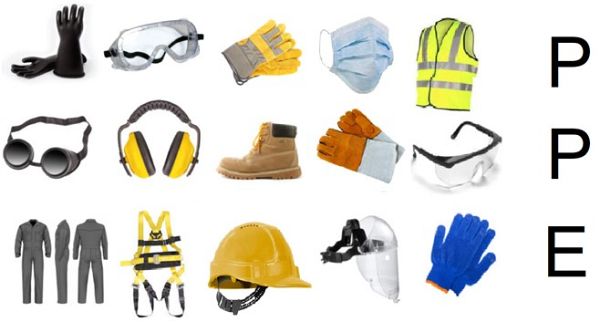What you need to know about
COVID-19 | Click here

What you need to know about
COVID-19 | Click here


Wednesday November 23, 2022 15:42
In the hierarchy of hazard controls, PPE comes as a last resort of minimizing harm from hazards that can’t be fully eliminated by substitution, isolation, or engineering/administrative controls. It is also the least effective and should only be relied on when the other control options are fully considered.
See table below:

However, it is important and can be the difference between the fright of a near miss and a very serious injury. Safety footwear – steel capped boots can save your foot from being crushed, safety glasses can prevent a serious eye injury and earmuffs can minimize harmful levels of noise that can cause permanent hearing loss. These are just a few of the more common types of protective equipment.
It is also true that it is now widely accepted that suitable and effective PPE should be worn in the workplace and freely provided to workers. This is particularly so for steel capped shoes, safety glasses and Hi-Viz vests, as these are considered essential for personal protection in hazardous areas.
It is important to remember that it is the responsibility of the PCBU to provide suitable and effective PPE and the duty of the worker to wear it properly and look after it.
Workers have the duty to follow the PCBU’s reasonable instruction and requirements regarding PPE, such as:
Workers should tell their manager as soon as there are any issues with the PPE (such as when it is no longer fitting properly or has broken).
Care should be taken with the following:
Be guided by the National Safety Standards that the PPE product has been designed to comply with, and ensure it has the approval status clearly marked on the item.
Examples:

Respirators: Ensure you select suitable RPE. Types of respirators include:
The air quality for supplied air respirators should comply with NZS 1715. If you are unsure about air quality when using a supplied air respirator, check with a competent person. The supplier should be able to assist with this.
 Ear Plugs:
Ear Plugs:
Ear plugs are not as effective as proper earmuffs that are compliant with AS/NZS1270. They are more comfortable and therefore more popular to wear. However, it is important that they are fitted into the ear correctly and time and effort should be applied to squeeze the plug snugly into the ear way.
Harnesses, Safety Belts:
These should be stored in a secure place when not in use and regularly checked for wear and tear.
Look after your PPE like a good friend. Respirators should be stored in airtight containers such as the cases they are supplied in, and masks kept in sealed plastic bags.
Replace when required
Ensure you have clear company policies and protocols on what and where PPE is required, who should use it and how it should be documented, managed and controlled in the workplace.
Securo recommends using our Securo form 012 PPE Issue Log v7.
If you have any concerns around this topic or other Health & Safety matters, your Securo Consultant is available to help, so please give them a call or alternatively, you can contact Securo head office on 0800 55 33 44.